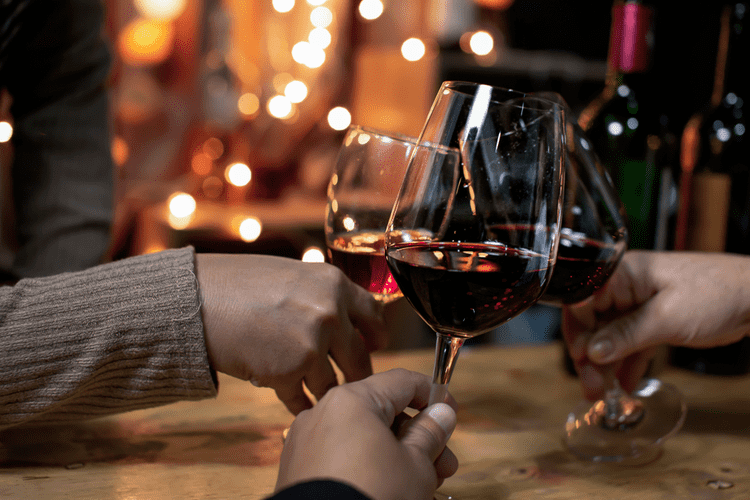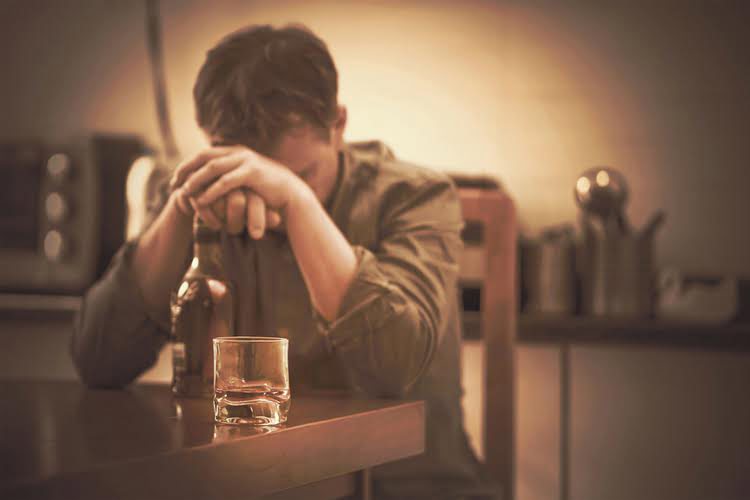While each person’s journey is unique, the evidence overwhelmingly suggests that the risks of drinking again—physical, emotional, and social—far outweigh any perceived benefits. For most recovering alcoholics, the safest and most fulfilling choice is to remain committed to sobriety. Their previous relationship with alcohol likely involved excessive use and a lack of control. Even small amounts can create a slippery slope, leading back to old habits. Alcoholics often find it difficult to stop at one or two drinks because their brains have been conditioned to crave more. A common concern is Aetna rehab coverage and other insurance options.
If you’ve experienced an extended relapse, you’ll likely benefit frommedical detox, where any withdrawal symptoms are going back to drinking after being sober managed under medical supervision. Once your doctors in detox have made a full assessment of your condition, they will be able to recommend whether or not they think you would benefit from going back to rehab. Likewise, if you have not previously completedalcohol rehabafter alcohol detox, you should consider this as a way toincrease your chances of long-term sobriety. A relapse prevention plan helps you stay prepared for tough moments. It should include strategies to handle cravings, stress, and social pressure.
- But what happens if, after being sober, someone starts drinking again?
- Getting sober again after a relapse is especially challenging because alcoholics experience unpleasant withdrawal symptoms every time they use alcohol and then stop.
- According to NIH, 14.5 million people in the past year have suffered from an alcohol use disorder.
- Finally, it’s worth mentioning that sobriety doesn’t look the same for everyone.
What Percentage of Alcoholics Relapse?
- Photos of my kid’s birthday parties are no longer me with bleary, sleepy drinking eyes.
- For many, the idea of moderation might seem like a tempting solution, but the risks involved often make it an unwise choice.
- While some are eventually able to drink again in moderation, the majority of people who suffer from alcohol abuse disorder are advised to maintain their sobriety.
Social withdrawal is another indication that an alcoholic has relapsed. Individuals who are sober but have an alcohol use disorder often feel the need to isolate themselves when they begin drinking again, to avoid shame from their loved ones and recovery community. Another sign of self-isolation is failing to follow through on plans and personal responsibilities.
Mental Health and Loneliness
Not only do others in your support group understand what you are going through, but they also can provide valuable education and guidance, including tips on avoiding relapse. Alcohol abuse kills over 140,000 people in the U.S. every year. Death caused by alcohol poisoning, motor vehicle or other accidents, violence, suicide, and alcohol-related diseases make alcohol abuse the third most preventable cause of death in the United States. Experts thinkthis occurs because the neural circuits involved in stress and mood are the same circuits involved in the brain’s reward system.
While the answer isn’t straightforward and depends on various factors, it is crucial to approach alcohol consumption with caution and moderation. In this article, we will explore the considerations and precautions surrounding drinking after alcohol withdrawal. Cognitive behavioral therapy (CBT) is a standard treatment for drug addiction. It helps you identify thoughts and behaviors that led to relapse and then change them to prevent relapse from happening again.
Seeking the Right Form of Treatment for Cravings
Take a deep breath, speak to your loved one and offer them your love and support. If you notice these changes in yourself or someone you know, you should seek help. These are all signs that a person is struggling and on the verge of turning to substances again. If they’re not already drinking again, they might start soon.
We offer the highest level of skilled care in a calm, comfortable environment. The first step to long-term sobriety is to safely rid your body of alcohol (detoxification or detox), so it can start to regain normal function and balance. Detoxing from alcohol is potentially dangerous and should be conducted under close medical supervision. Alcohol interacts with the reward and motivation center of the brain and with areas that regulate motor function, emotions, stress reactions, learning, and memory. When a person regularly consumes alcohol, these brain functions may alter to adapt to its presence.
For this reason, stress can trigger the same brain circuits that were triggered when you sought alcohol in the past. This means stress can lead to cravings, which can lead to a relapse. It can be important to distinguish between a full-blown relapse and a slip-up. With a relapse, you fully go back into old patterns of out-of-control drinking, which can require going back into treatment and other steps to get back to sobriety.

You guys care, you really do. This isn’t just a machine.

Drinking after achieving sobriety can have some serious consequences, and it’s essential to be aware of them. First of all, it can lead to a relapse, where you find yourself trapped in the same cycle of addiction you worked so hard to break. For example, individuals with a healthy relationship with alcohol may choose to go sober for just a week or a month. Cognitive behavioral therapy (CBT) is an important tool for preventing relapses. It teaches you how to overcome negative thinking, which is often at the heart of a relapse.
Options like naltrexone, acamprosate, and disulfiram help manage alcohol dependence. These treatments work best alongside counseling and behavioral therapy. For those needing structured care, inpatient alcohol rehab Pennsylvania offers provides 24/7 medical and emotional support. Rehab centers create a safe environment to focus fully on recovery.
Are they a well-meaning friend who doesn’t really understand alcoholism and everything you’ve been through? Maybe they want to have a fun night out Sober living house with you — like you used to have with them before you got sober. This person likely misses the camaraderie you used to have when alcohol was involved; they probably do not care whether you actually drink.

